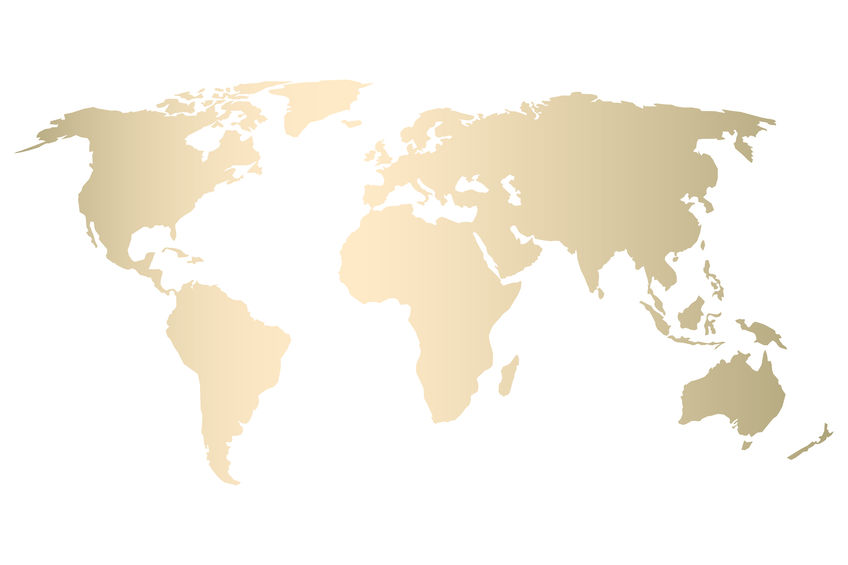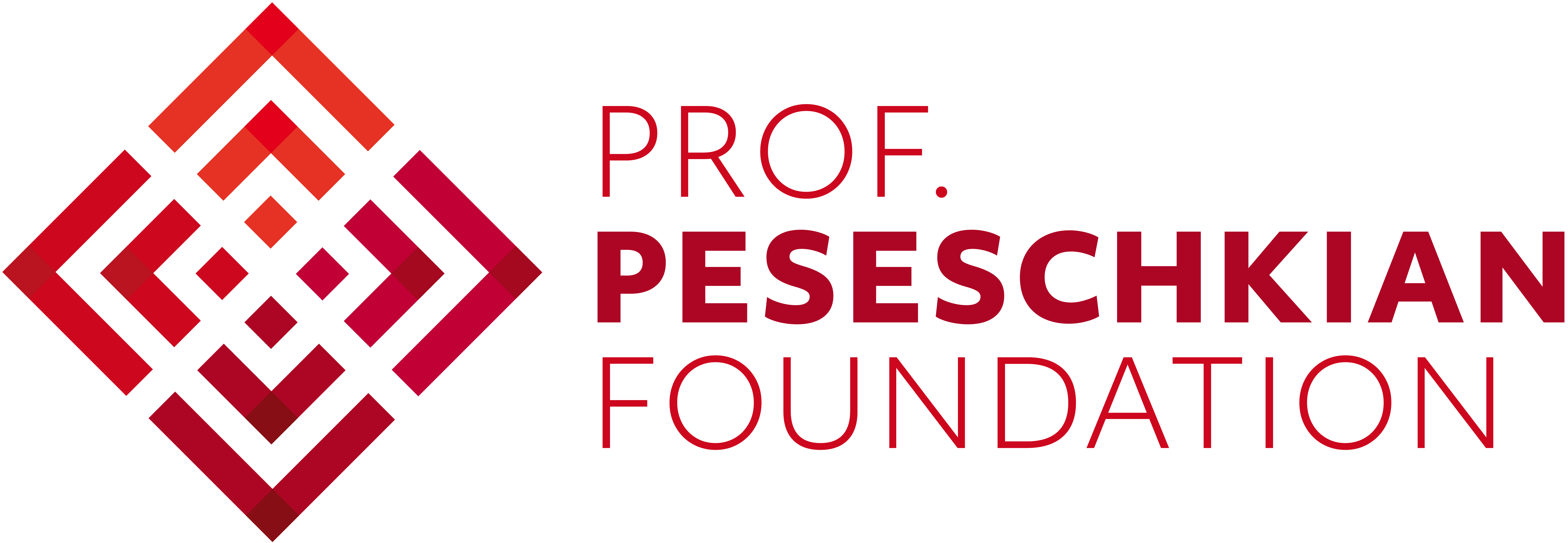The International Academy for Positive and Transcultural Psychotherapy (IAPP) – Prof. Peseschkian Foundation
a non-profit foundation that is both operational and supportive. One focus of the foundation’s work is the further training programme in Wiesbaden: further training as a consultant and life coach, teacher training and one-day seminars. The foundation also runs a continuing education project in Ethiopia, where it also supports a school children’s home.
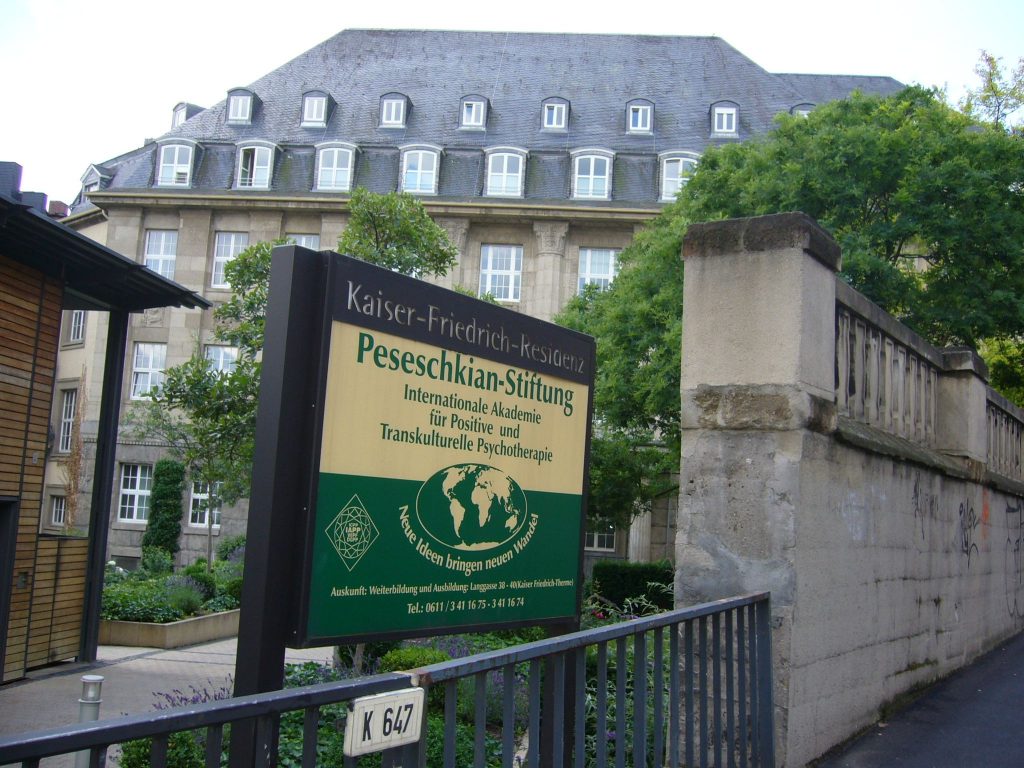
Founders of the foundation
The Professor Peseschkian Foundation was founded by Prof. Dr. Nossrat Peseschkian and his wife Manije Peseschkian in 2006.
Prof. Dr. Nossrat Peseschkian, psychiatrist and psychotherapist (1933-2010), was the founder of positive psychotherapy since 1968 under the term differentiation analysis and since 1977 positive and transcultural psychotherapy.
Manije Peseschkian (1940-2020) studied biology and completed training as a family therapist. She worked on the board of the foundation.
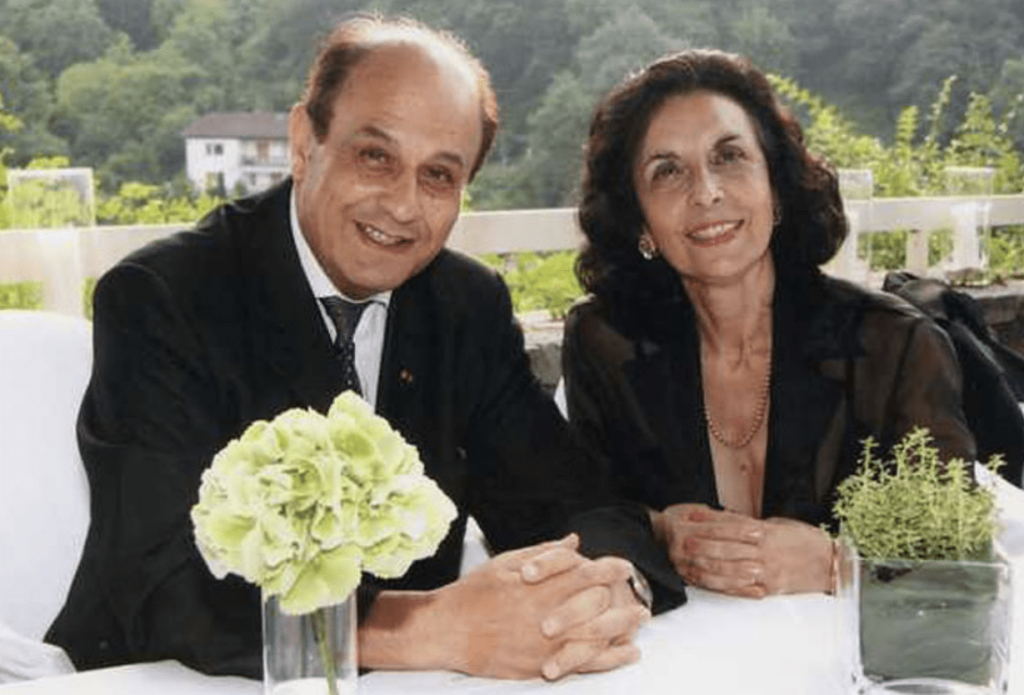
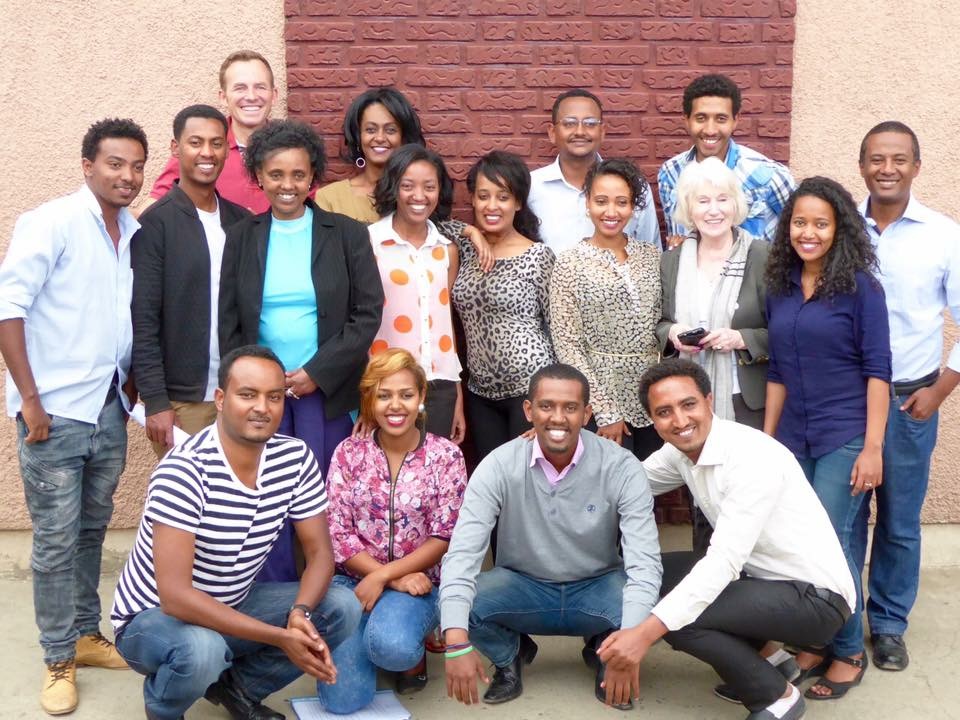
PROJECTS
The Foundation carries out various further education projects in Germany and abroad.
In Wiesbaden, part-time training to become a “Consultant & Life Coach” is offered annually, as is the teacher training course “Strengthening Teacher Health – Promoting ‘Healthy School'”, which is accredited by the Hessian Teaching Staff Academy. In addition, three daily seminars are held each year on various topics.
In Ethiopia, the Foundation is carrying out a mental health project in which doctors, psychologists and teachers are trained in positive psychotherapy and are thus able to provide psychosocial and psychotherapeutic assistance to the often traumatized population.
The Foundation is also represented in Ethiopia with a funding project: Donations and personal advice on site support the “Fresh & Green Academy” – an educational facility that provides school education and a home for needy children.
Method of positive and transcultural psychotherapy
The method of positive and transcultural psychotherapy (PPT), which has been developed by Prof. Nossrat Peseschkian since 1968, is a deeply psychologically based, humanistic psychotherapy method that u. a. is recognized by the European Society for Psychotherapy (EAP) and the State Medical Association of Hessen.
Image of man: The image of man that underlies positive psychotherapy is, among other things. characterized in that it is based on the abilities and resources of humans. Furthermore, it is characterized by its holistic view of man as a unity of body, mind, feelings and soul.
Resource orientation: Positive psychotherapy not only takes into account the disrupted areas of the human being, but above all also his abilities. The word “positive” (Latin positive) means “the whole, the actual”. Positive psychotherapy uses a person’s individual skills and resources to develop strategies for conflict management and self-help. With this in mind, conflicts are seen as a challenge to further develop these skills.
Areas of application: With the help of cross-cultural tools and innovative techniques, positive psychotherapy can be used in a variety of settings. Because of its easy comprehensibility, it is also used successfully outside of the psychotherapeutic framework in the areas of education, training and counseling.
Quality Assurance
Dr. Peseschkian, who is a member of the scientific advisory board of our institute, describes the scope and some results of his study “Computer-aided quality assurance in positive psychotherapy”.
Balance Model
Nossrat Peseschkian’s “balance model” is known as the “heart” of positive psychotherapy and is used in different settings. It is also referred to as the “diamond model”, “four qualities of life”, “four ways of conflict management”
Conflict Resolution
In positive psychotherapy, the five-stage procedure provides both the therapist and the patient with support and security and prepares the patient for conflict processing and self-help at an early stage, especially for the period after therapy.


